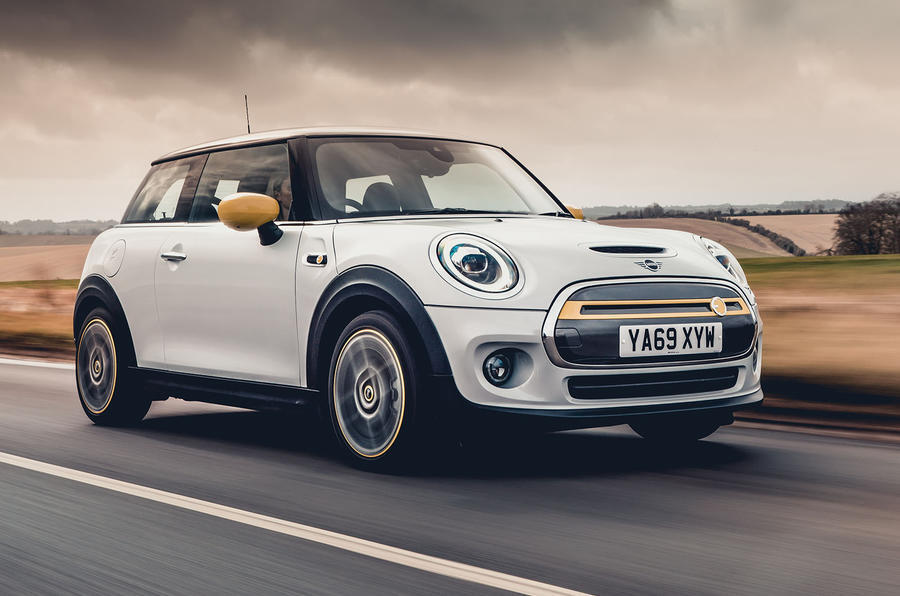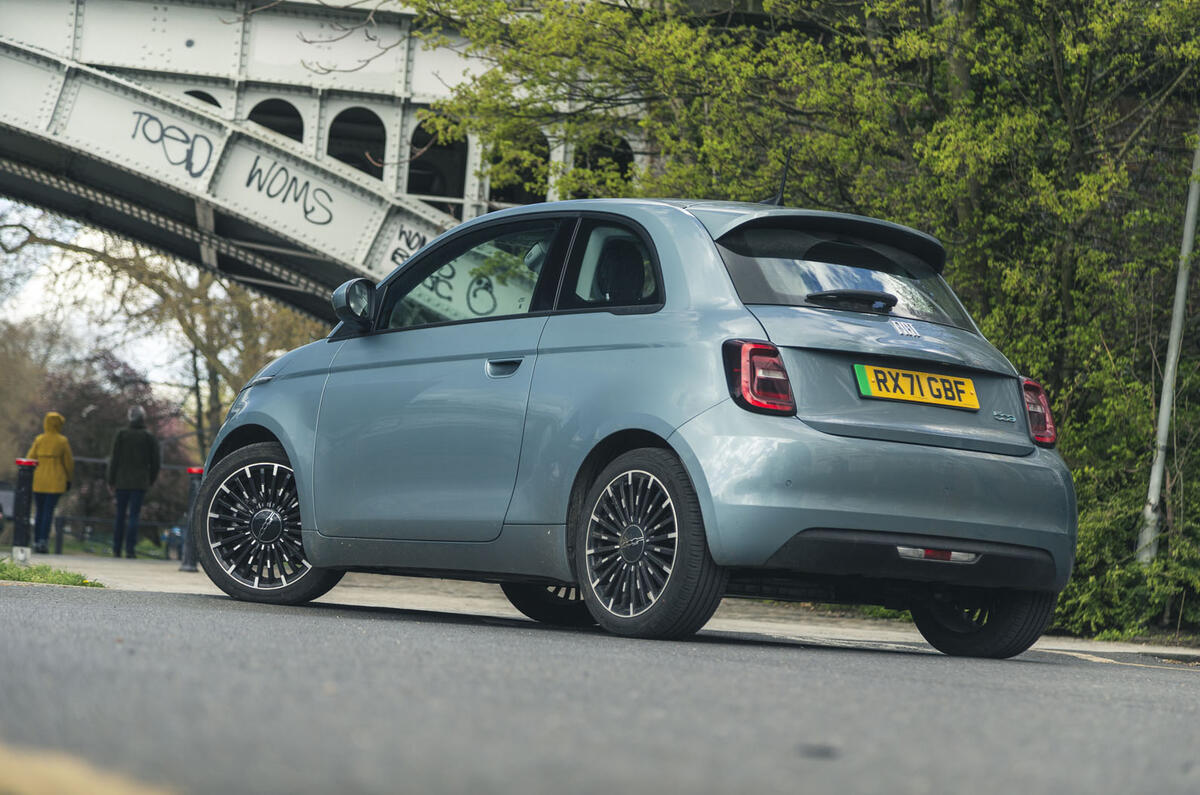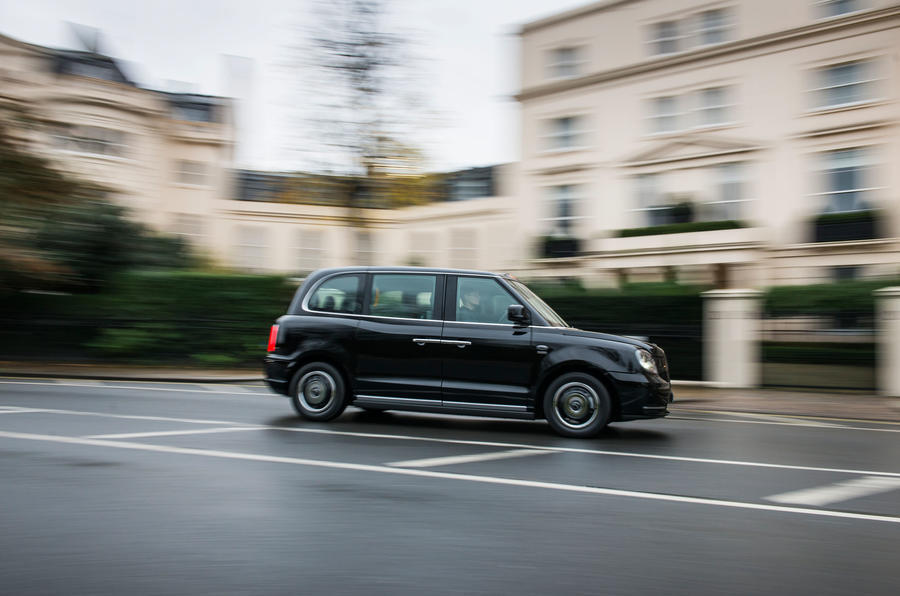The Plug-in Car Grant (PiCG) has been scrapped in the UK with immediate effect, more than a decade since its introduction and having supported the purchase of 500,000 plug-in hybrid and electric cars.
The move means buyers of EVs costing less than £32,000 no longer qualify for a £1500 financial incentive, effectively raising the prices of the 24 electric cars on sale beneath that price point.
Here, we answer the main questions about the axing of the PiCG and round up all the reactions from the car industry.
Why has it been axed?
The government has pointed to a rapid uptick in EV sales as a key factor in the decision. Nearly 100,000 have been sold in the UK since the start of 2022, compared with just 1000 in the whole of 2011.
It also said that a succession of cuts and eligibility changes to the grant have had "little effect" on EV sales in recent years.
Most notably, it said, the number of affordable EVs has increased dramatically in the past few years, making the grant less impactful.
With the grant axed, the government is shifting focus to driving EV uptake in other sectors and expanding the UK's EV charging infrastructure tenfold by 2030.

Will the PiCG return in some form?
The grant was around in various forms since 1 January 2011, when it offered up to £5000 off the purchase of all plug-in cars. It was downgraded on several occasions since then and most recently only contributed as much as £1500 to the purchase of an EV - and then only the most affordable models on sale.
The government says that, in its place, it will provide funding to accelerate EV uptake in other sectors beyond the private car one - so the focus has shifted to electric motorcycles, scooters, taxis and light commercial vehicles.










Join the debate
Add your comment
It wasn't an incentive for me, more like a drop in the ocean.
Maybe it's a good thing that tax payers who don't drive, can't afford an EV or just don't believe that EVs are actually zero emissions vehicles, will no longer be subsidising the rich people who want an overly expensive EV as well as the profits of greedy car makers.
"There has been no indication that any of these manufacturers will adjust the prices of their EVs to reflect the effective price increase as a result of the grant being axed"
I'm sure I remember reading more or less the same sentence the last time the thresholds were altered, and look what happened then.